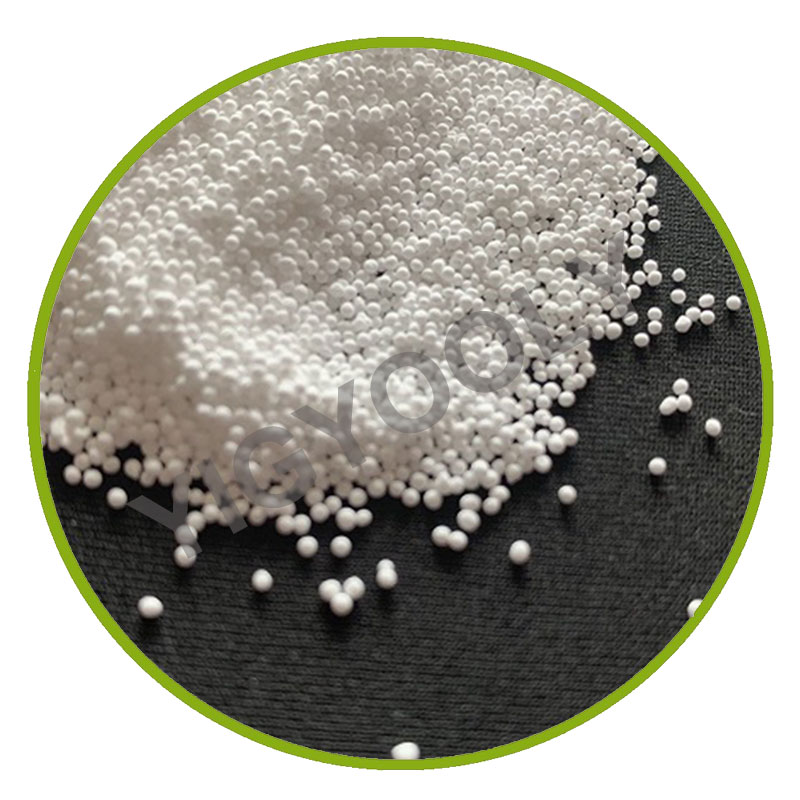How Do Detergent Chemicals Improve Cleaning Efficiency in Modern Industries?
2025-10-16
Detergent chemicals have become a cornerstone in both household and industrial cleaning applications, driving superior performance in removing dirt, grease, and stains. These compounds are engineered to interact with water and various contaminants, facilitating the effective removal of unwanted substances from surfaces and fabrics. As industries expand and hygiene standards rise, understanding the functionality, composition, and advantages of detergent chemicals is critical for manufacturers, consumers, and researchers.
What Are Detergent Chemicals and Why Are They Important?
Detergent chemicals are synthetic or naturally derived compounds designed to reduce the surface tension of water, allowing for efficient cleaning of dirt, oils, and grime. Unlike traditional soaps, detergent chemicals are effective in hard water conditions and can be formulated for specific purposes such as industrial cleaning, laundry, and personal care.
Core Functions of Detergent Chemicals:
-
Surface Tension Reduction: Enhances water penetration and dirt removal.
-
Emulsification of Oils and Grease: Breaks down oils into smaller droplets for easier rinsing.
-
Foam Stabilization: Ensures uniform application in cleaning processes.
-
Stain Removal and Color Protection: Maintains fabric integrity while removing stubborn stains.
Product Parameters Overview
| Parameter | Description |
|---|---|
| Active Ingredient (%) | Indicates concentration of surfactants for effective cleaning. |
| pH Range | Typically between 6–10, suitable for industrial and household use. |
| Solubility | Water-soluble; some formulas designed for cold water efficiency. |
| Foam Formation | Adjustable based on intended application (low foam for industrial, high foam for household). |
| Biodegradability | Modern formulations emphasize eco-friendly, biodegradable surfactants. |
| Application Area | Laundry, dishwashing, surface cleaning, textile processing. |
| Storage Stability | Stable under normal temperature and humidity; shelf life up to 24 months. |
Why Detergent Chemicals Are Crucial in Modern Cleaning
The global demand for high-efficiency cleaning solutions has surged due to stricter hygiene regulations, the rise of industrial laundries, and consumer preference for effective household products. Detergent chemicals provide consistent cleaning performance, energy efficiency, and adaptability across applications. Their capability to perform under hard water conditions, retain fabric quality, and integrate with enzyme additives makes them indispensable in modern cleaning solutions.
How Are Detergent Chemicals Formulated and Optimized for Performance?
Formulation of detergent chemicals is a precise process that combines multiple ingredients to achieve desired performance characteristics. The key categories include surfactants, builders, enzymes, bleaching agents, and stabilizers.
1. Surfactants: The Active Cleaning Component
-
Anionic Surfactants: Powerful in removing dirt and grease; commonly used in laundry and dishwashing detergents.
-
Nonionic Surfactants: Mild, suitable for delicate fabrics and skin-contact applications.
-
Cationic Surfactants: Primarily used for antibacterial and fabric softening properties.
2. Builders and Water Softeners
-
Enhance cleaning efficiency by binding calcium and magnesium ions in hard water.
-
Prevent redeposition of dirt and maintain stable pH levels during washing.
3. Enzymes for Targeted Cleaning
-
Proteases, amylases, and lipases are incorporated to break down specific stains such as proteins, starches, and fats.
-
Enzymes improve cleaning at lower temperatures, reducing energy consumption.
4. Bleaching Agents and Optical Brighteners
-
Oxygen-based bleaches remove tough stains while being fabric-friendly.
-
Optical brighteners enhance the visual brightness of textiles without harsh chemical effects.
How Formulation Impacts Industrial Applications
Optimized detergent formulations improve cleaning efficiency, reduce chemical consumption, and minimize environmental impact. For example, industrial laundries benefit from low-foam formulations that prevent machine foaming, while household products focus on high foaming and gentle fabrics. Advances in biotechnology have enabled the development of enzyme-stabilized detergents capable of performing in diverse temperature and water hardness conditions.
What Are the Future Trends and Innovations in Detergent Chemicals?
The detergent chemical industry is rapidly evolving due to environmental concerns, consumer preferences, and technological innovations.
1. Eco-Friendly and Biodegradable Detergents
-
Increasing legislation and consumer demand drive the development of phosphate-free, biodegradable surfactants.
-
Plant-based surfactants and naturally derived builders reduce ecological impact without compromising cleaning efficiency.
2. Energy-Efficient Formulations
-
Low-temperature washing detergents reduce energy consumption in both household and industrial sectors.
-
Cold-water compatible enzymes and surfactants maintain cleaning performance while lowering operational costs.
3. Smart Detergents and Nanotechnology
-
Incorporation of nanomaterials and smart polymers allows stain-specific targeting, reducing the need for high chemical loads.
-
Formulations capable of detecting fabric type and adjusting cleaning strength are emerging in advanced industrial applications.
4. Multi-Functional Cleaning Solutions
-
Combination of cleaning, fabric softening, and antibacterial properties in single formulations.
-
Growth in concentrated liquid detergents and pods enhances convenience and reduces packaging waste.
Why These Trends Matter
Adopting future-oriented detergent chemicals ensures compliance with environmental regulations, enhances product marketability, and meets consumer expectations for effective, safe, and sustainable cleaning products. Industrial operations benefit from cost savings, efficiency improvements, and extended equipment life due to optimized chemical formulations.
Common Questions About Detergent Chemicals
Q1: How do detergent chemicals differ from traditional soaps?
A1: Detergent chemicals are synthetically formulated to work effectively in hard water, contain specialized surfactants for targeted cleaning, and can include enzymes, bleaches, and stabilizers. Traditional soaps are primarily fatty acid salts, which can form scum in hard water and have limited industrial application flexibility.
Q2: Are detergent chemicals safe for the environment and human health?
A2: Modern detergent formulations prioritize biodegradability, phosphate-free ingredients, and low-toxicity surfactants. When used according to guidelines, they are safe for domestic and industrial applications, while also reducing environmental pollution compared to older, phosphate-heavy formulations.
Detergent chemicals are essential for achieving efficient, cost-effective, and environmentally responsible cleaning across industries and households. Their versatility, from laundry to surface cleaning, combined with ongoing innovations in eco-friendly and enzyme-enhanced formulations, ensures they remain at the forefront of industrial and consumer cleaning solutions. YIGYOOLY offers a comprehensive range of detergent chemical products tailored to meet diverse cleaning needs, combining high-performance formulations with environmental sustainability.
For inquiries about our detergent chemicals, technical specifications, or bulk supply options, contact us to discuss your requirements and receive personalized solutions.
